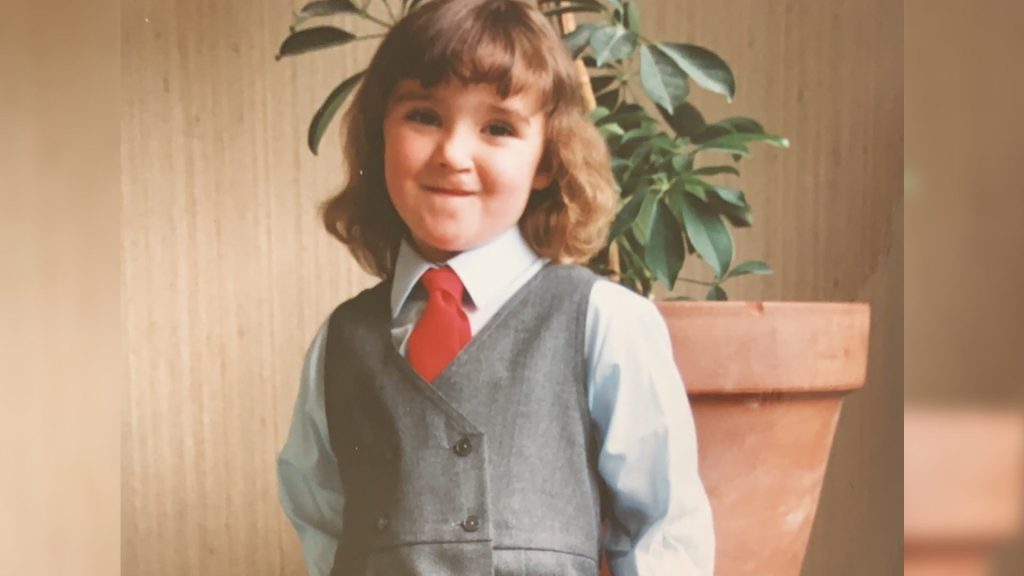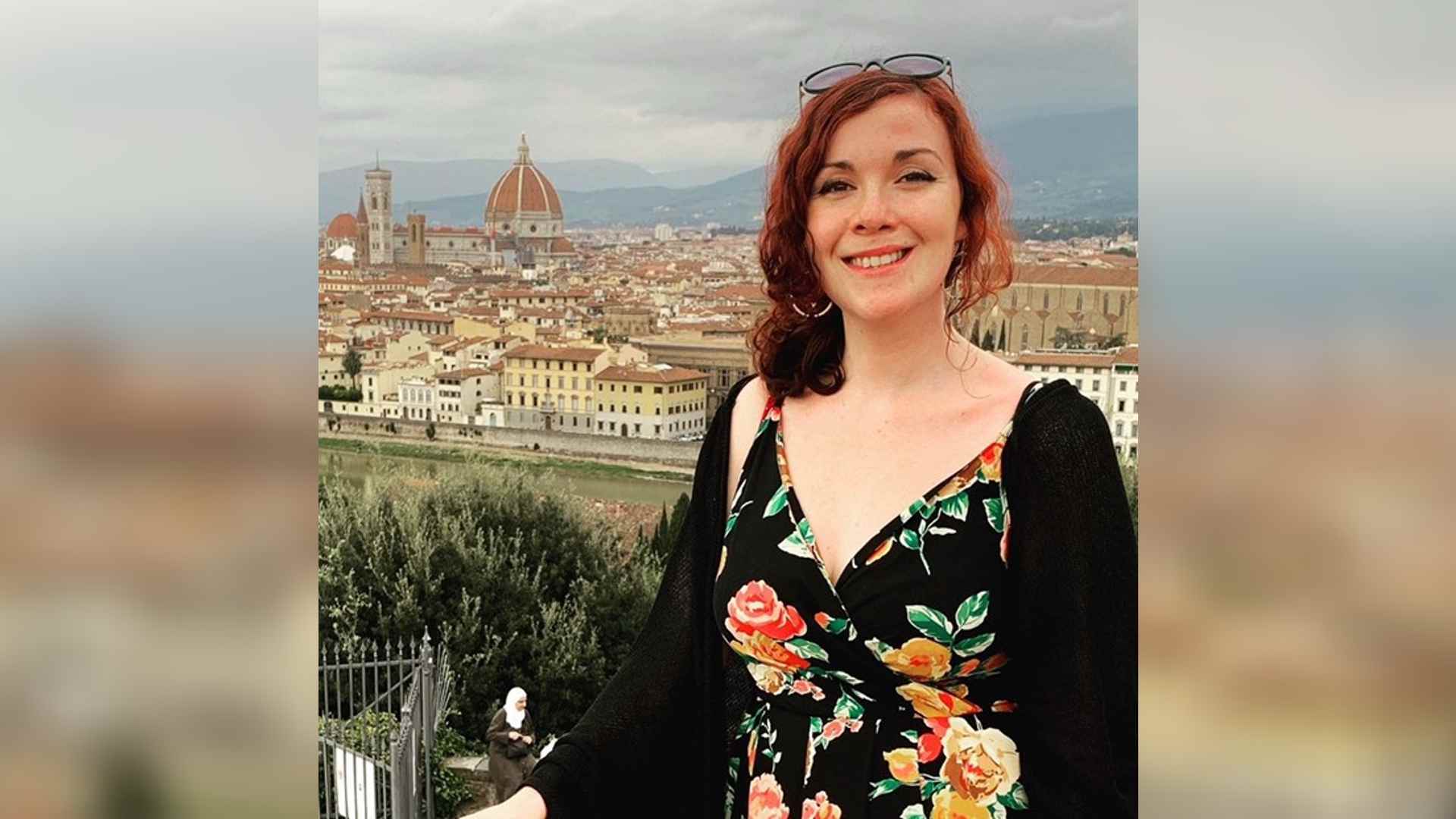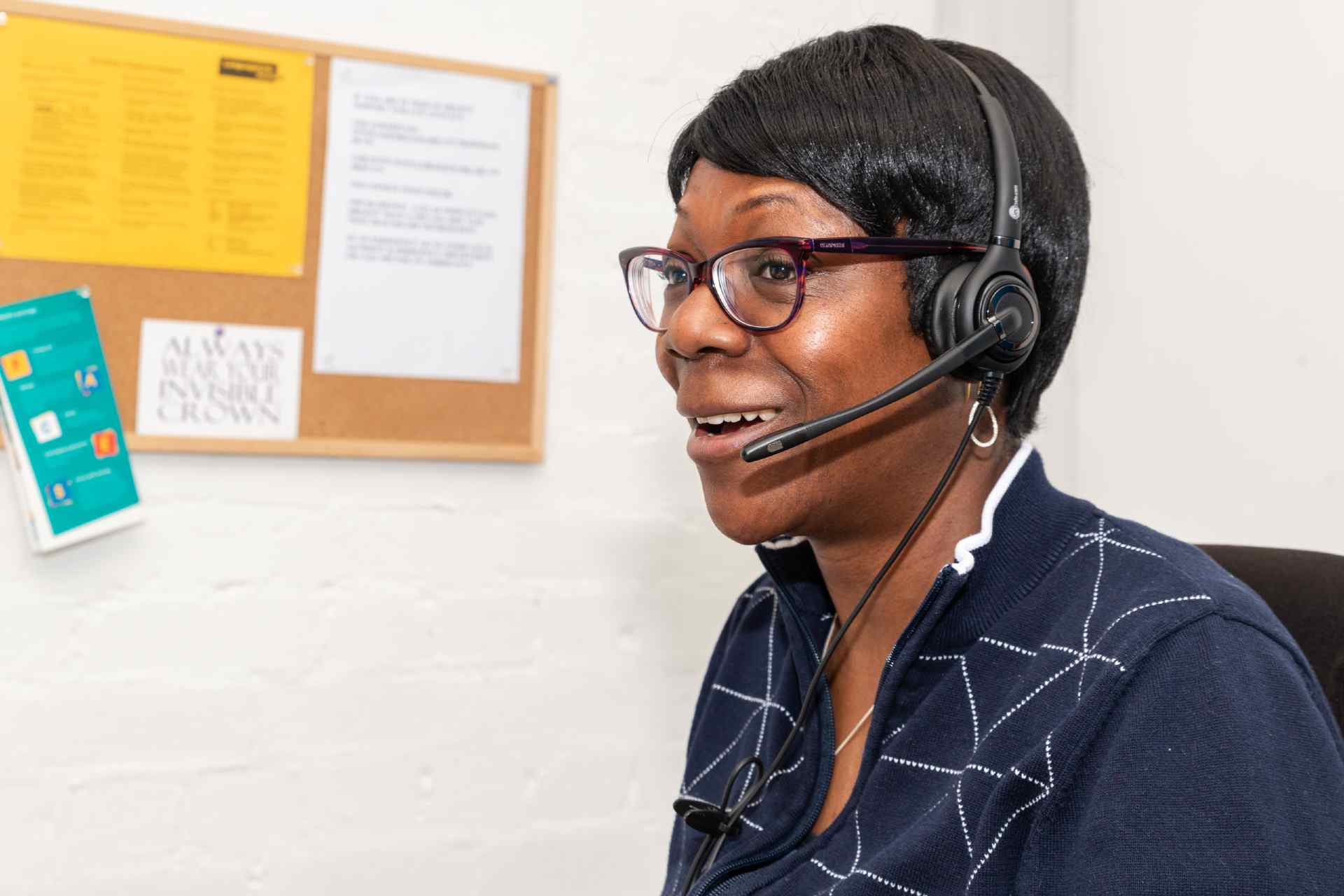I’m Lizzy and I was born with a cleft lip and palate in the late 80’s. In my first few years, my childhood was a happy one. I was talkative, excited by life and curious. I had a supportive family. My mum came with me to every hospital visit and sat and read to me every night during my hospital stays. My brother is a similar age to me and was my first best friend. My grandmother made sure I was always going on adventures and trying new things. I had friends in my neighbourhood who I went climbing trees with. It wasn’t until I started school that I was ever made to feel I was different.
I got bullied and teased a lot and over the years this chipped away at my confidence. I became small and quiet, and as a teenager, I was very withdrawn and lacking in self-confidence. At that time, there wasn’t a lot of information about mental health or the positive cleft communities that there are today, so I didn’t fully understand the impact my visible difference had had on me until I was a bit older.

Lizzy found school to be a challenging time
The first year of university was really overwhelming and that was when I realised, I needed help. I started opening up more to my friends and family. I started reading up on psychology and things that could help, and I started going to therapy which helped give me tools to build my confidence again.
Therapy taught me to focus on the positive aspects of myself and the person I want to be. I learned that exercise and moving my body regularly did wonders for my mood and self-image. I also surrounded myself with people who were supportive and made me feel good.
Mental health is not a state that comes and goes but a daily practice that everyone needs to work on consistently, kind of like brushing your teeth! Find out what self-care works best for you and discover new hobbies and interests that can challenge you to grow as a person, while helping you to destress.
Identifying what your values are in life is so important – you can do this by looking up a value list online and circling the ten that feel most important to you, then group these into three categories and that will give you a good idea of your core values. By understanding these, you can understand yourself better and separate out other people’s opinions from your own, which helps you to focus on what is important to you in life.
I always try to treat moments of ignorance as opportunities to educate and if the person is not open to that, it really is about them rather than me.
Over the years, I’ve challenged myself more and more. Moving abroad, becoming a teacher and then a therapist, performing poetry and going to singing and dancing lessons have all helped me explore aspects of myself and push myself out of my comfort zone.
While I do experience staring on occasion, it doesn’t bother me as much as it used to. My philosophy now is to always give people the benefit of the doubt. I will smile and most times I get a smile back. I like to think I’ve contributed in a small way to that person’s education in how they approach people with visible differences.
I haven’t had as many negative experiences in adulthood as I did growing up but I have experienced some unpleasant comments from colleagues in the workplace a couple of times. It was really challenging to deal with but because I was teaching and my students were always happy with me, that motivation and confidence in myself as a teacher kept me strong. I always try to treat these moments of ignorance as opportunities to educate and if the person is not open to that, it really is about them rather than me.
My cleft used to be something I was ashamed of, but it has now become a source of strength and pride. I have learned so much about life and myself through the experiences I have had, and I wouldn’t change them for the world. I feel optimistic that negative stereotypes are being challenged more in the media and our own stories are being shared, so that children growing up now don’t feel so alone or ashamed during challenging times.
It’s okay to have days or moments where you don’t feel great about yourself (everyone does!) the important thing is to not suffer in silence.
Recently, I’ve got a column with Happiful magazine, and my first article was called “Seeing visible differences in a new light”. Hopefully people, both with and without visible differences, will read it and be able to connect in some way. The more we talk about our experiences, the less of an “unknown” they become, so we no longer have to explain our existence to strangers and cope with cruel comments. I also have an Instagram account (@inspiredtochange_edinburgh) which focuses on making positive changes to improve your wellbeing, something that has been vital in helping me to accept myself as I am.
There is still much work to be done around awareness, but I am so happy that if the odd comment is made, I don’t blame myself anymore, instead I look at what needs to change in our world. I would love to see more Tom Burkes on screen and more positive representation in the media in general. We need to see more people’s stories online and create even more positive online communities that can provide support for young people growing up with visible differences. My partner is currently writing a love story where one of the main characters is a love interest and has a cleft. I hope to see this published one day along with more stories where we are not victims or villains but represented as the beautifully rich and full characters that we are.
If you are struggling with having a visible difference, know that you are not alone, and self-acceptance can sometimes be a journey, but it is absolutely possible. It’s okay to have days or moments where you don’t feel great about yourself (everyone does!) the important thing is to not suffer in silence. Sometimes living with a visible difference can feel isolating, but it doesn’t need to be. Help is always available.

